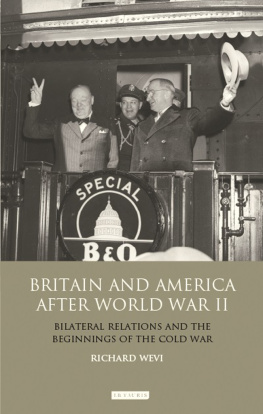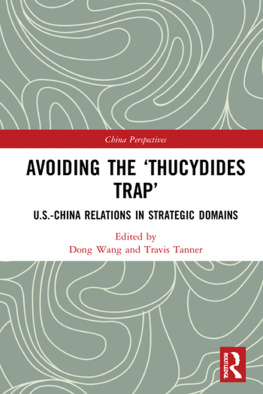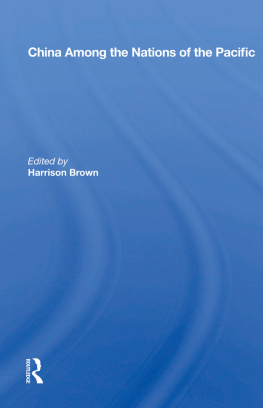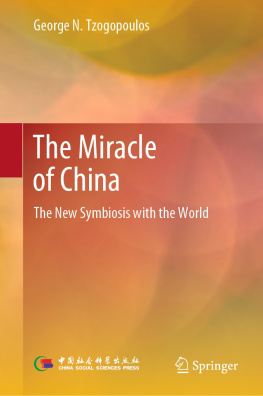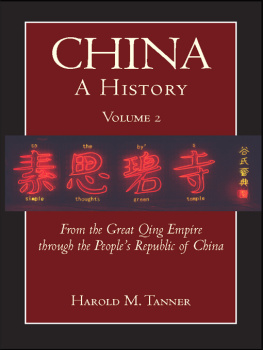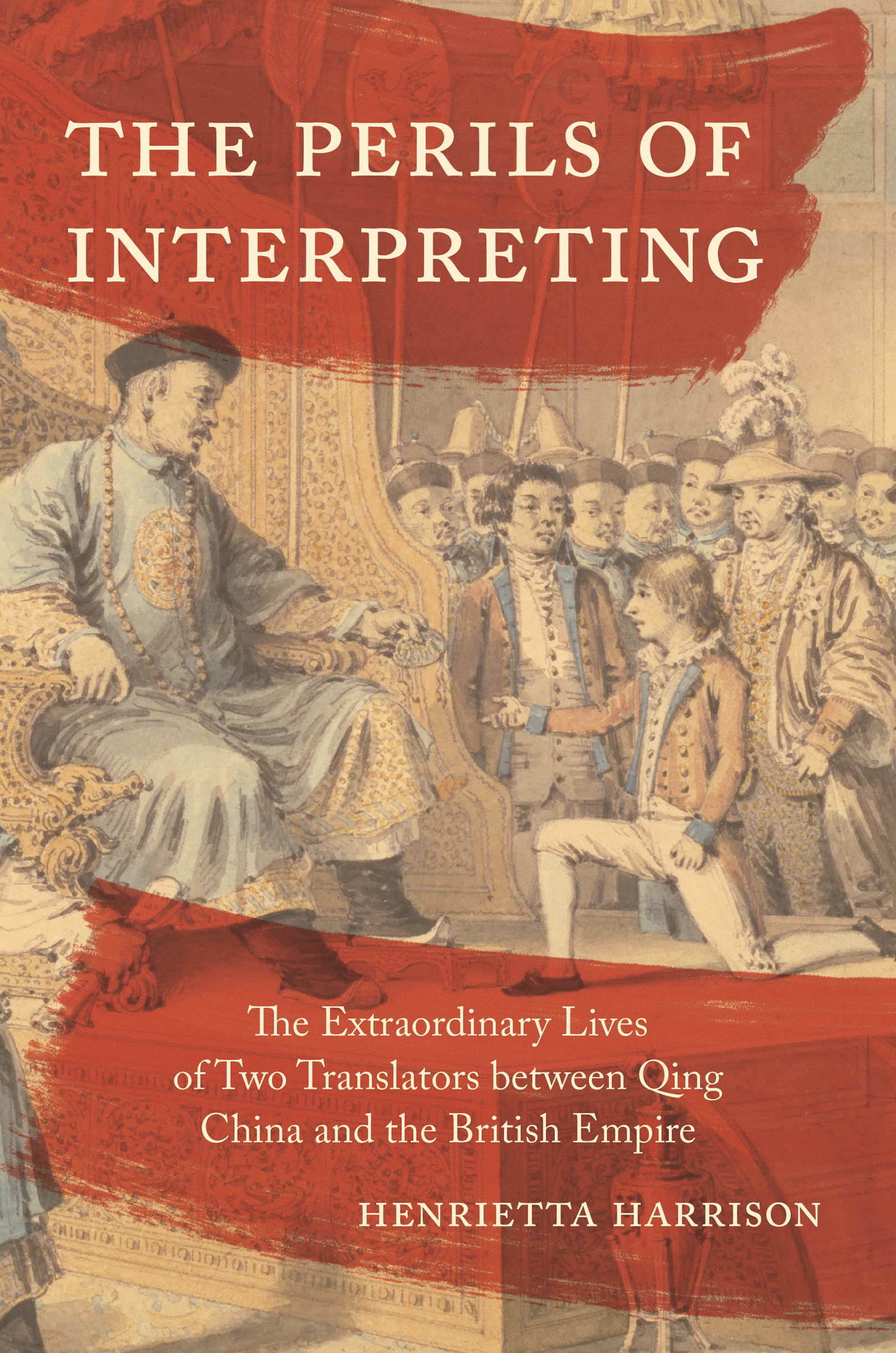Henrietta Harrison - The Perils of Interpreting: The Extraordinary Lives of Two Translators between Qing China and the British Empire
Here you can read online Henrietta Harrison - The Perils of Interpreting: The Extraordinary Lives of Two Translators between Qing China and the British Empire full text of the book (entire story) in english for free. Download pdf and epub, get meaning, cover and reviews about this ebook. City: Princeton, year: 2021, publisher: Princeton University Press, genre: History. Description of the work, (preface) as well as reviews are available. Best literature library LitArk.com created for fans of good reading and offers a wide selection of genres:
Romance novel
Science fiction
Adventure
Detective
Science
History
Home and family
Prose
Art
Politics
Computer
Non-fiction
Religion
Business
Children
Humor
Choose a favorite category and find really read worthwhile books. Enjoy immersion in the world of imagination, feel the emotions of the characters or learn something new for yourself, make an fascinating discovery.

- Book:The Perils of Interpreting: The Extraordinary Lives of Two Translators between Qing China and the British Empire
- Author:
- Publisher:Princeton University Press
- Genre:
- Year:2021
- City:Princeton
- Rating:3 / 5
- Favourites:Add to favourites
- Your mark:
The Perils of Interpreting: The Extraordinary Lives of Two Translators between Qing China and the British Empire: summary, description and annotation
We offer to read an annotation, description, summary or preface (depends on what the author of the book "The Perils of Interpreting: The Extraordinary Lives of Two Translators between Qing China and the British Empire" wrote himself). If you haven't found the necessary information about the book — write in the comments, we will try to find it.
An impressive new history of Chinas relations with the Westtold through the lives of two language interpreters who participated in the famed Macartney embassy in 1793
The 1793 British embassy to China, which led to Lord George Macartneys fraught encounter with the Qianlong emperor, has often been viewed as a clash of cultures fueled by the Easts disinterest in the West. In The Perils of Interpreting, Henrietta Harrison presents a more nuanced picture, ingeniously shifting the historical lens to focus on Macartneys two interpreters at that meetingLi Zibiao and George Thomas Staunton. Who were these two men? How did they intervene in the exchanges that they mediated? And what did these exchanges mean for them? From Galway to Chengde, and from political intrigues to personal encounters, Harrison reassesses a pivotal moment in relations between China and Britain. She shows that there were Chinese who were familiar with the West, but growing tensions endangered those who embraced both cultures and would eventually culminate in the Opium Wars.
Harrison demonstrates that the Qing courts ignorance about the British did not simply happen, but was manufactured through the repression of cultural go-betweens like Li and Staunton. She traces Lis influence as Macartneys interpreter, the pressures Li faced in China as a result, and his later years in hiding. Staunton interpreted successfully for the British East India Company in Canton, but as Chinese anger grew against British imperial expansion in South Asia, he was compelled to flee to England. Harrison contends that in silencing expert voices, the Qing court missed an opportunity to gain insights that might have prevented a losing conflict with Britain.
Uncovering the lives of two overlooked figures, The Perils of Interpreting offers an empathic argument for cross-cultural understanding in a connected world.
Henrietta Harrison: author's other books
Who wrote The Perils of Interpreting: The Extraordinary Lives of Two Translators between Qing China and the British Empire? Find out the surname, the name of the author of the book and a list of all author's works by series.


